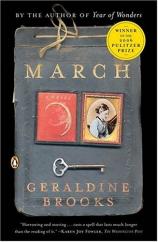

Several critics welcomed Brooks as a new voice in poetry. Barksdale in Modern Black Poets: A Collection of Critical Essays (Prentice-Hall, 1973). The poems in A Street in Bronzeville and the Pulitzer Prize–winning Annie Allen (Harper & Brothers, 1949) are “devoted to small, carefully cerebrated, terse portraits of the Black urban poor,”commented Richard K. After attending junior college and working for the National Association for the Advancement of Colored People (NAACP), she developed her craft in poetry workshops and completed her first collection, A Street in Bronzeville (Harper & Brothers, 1945).

Brooks was 13 when she published her first poem, “Eventide,” in American Childhood by the time she was 17, she was publishing poems frequently in the Chicago Defender. Her father was a janitor who had hoped to become a doctor her mother was a schoolteacher and a classically trained pianist both supported their daughter’s passion for reading and writing. Not only has she combined a strong commitment to racial identity and equality with a mastery of poetic techniques, but she has also managed to bridge the gap between the academic poets of her generation in the 1940s and the young Black militant writers of the 1960s.”īrooks was born in Topeka, Kansas, but her family moved to Chicago when she was young. Kent, “a unique position in American letters. Her body of work gave her, according to critic George E. She was also the first Black woman to hold the role of Consultant in Poetry to the Library of Congress, a position now referred to as the Poet Laureate Consultant in Poetry, and served as the Illinois poet laureate for 32 years. The author of more than 20books, she was highly regarded even during her lifetime and had the distinction of being the first Black poet to win the Pulitzer Prize. Gwendolyn Brooks is one of the most influential and widely read 20th-century American poets.


 0 kommentar(er)
0 kommentar(er)
